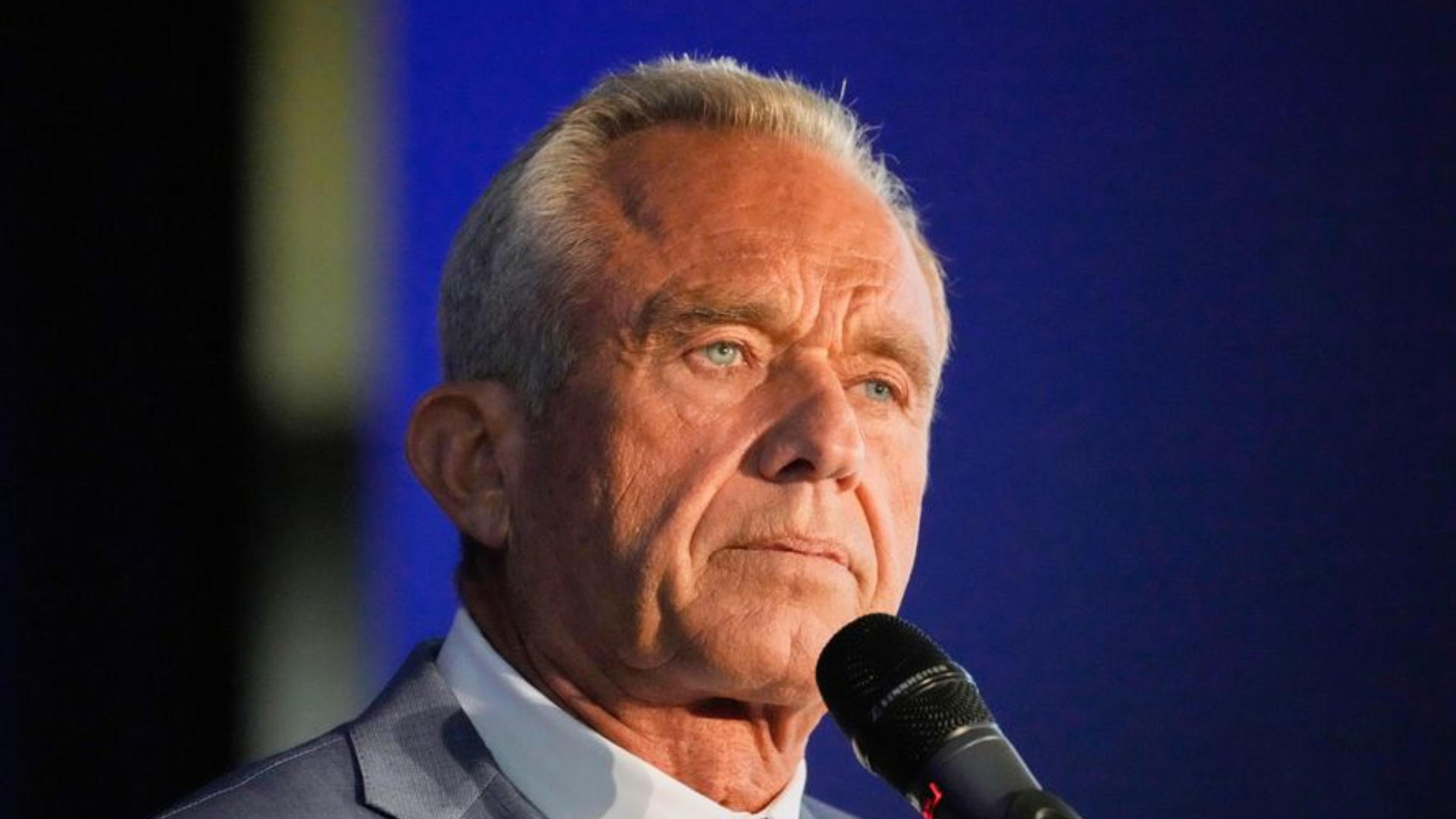BUDAPEST, Hungary — U.S. Secretary of State Mike Pompeo is in Hungary on the first leg of a five-nation European tour during which he will raise concerns about China and Russia’s growing influence in Central Europe.
Pompeo was meeting in Budapest on Monday with Hungary’s nationalist Prime Minister Viktor Orban and other senior officials to stress the importance of promoting democracy and the rule of law. The U.S. sees those as key to countering Russian and Chinese efforts to pull Hungary and other countries in the region away from the West and sow division in the European Union and NATO, officials said.
Pompeo will specifically point to Central Europe’s reliance on Russian energy and the presence of the Chinese high-tech telecom firm Huawei, particularly in Hungary, according to the officials, who were not authorized to publicly discuss Pompeo’s travel and spoke on the condition of anonymity.
U.S. officials are deeply troubled by Huawei’s expansion in Europe, especially in NATO member states where they believe it poses significant information security threats.
Pompeo will take the same message to his next stop, Slovakia, on Tuesday, before heading to Poland, where he will participate in a conference on the future of the Middle East expected to focus on Iran. He will wrap up the tour with brief stops in Belgium and Iceland.
Ahead of his visits to Budapest and Bratislava, U.S. officials said Pompeo hoped to reverse what they called a decade of U.S. disengagement in Central Europe that created a vacuum that Russia and China have exploited. Over the course of the past 10 years, the officials said, Russian President Vladimir Putin and Chinese leaders have become much more aggressive in the region and made inroads.
One official said Pompeo’s aim is to “wrong-foot the West’s rivals in places where they have gained bridgeheads.”
President Donald Trump’s administration has made a point of reaching out to Orban, who shares Trump’s strong stance on limiting migration and has adopted increasingly authoritarian measures, including cracking down on the opposition, labor unions, independent media and academia.
President Barack Obama’s administration had largely steered clear of Orban, who won a third consecutive term last year in a campaign based on anti-immigration policies and whose policies have been met with street protests and deepening concern within the EU.
Orban on Sunday announced a program to encourage women to have more children and reverse Hungary’s population decline. He said the initiative is meant to “ensure the survival of the Hungarian nation.”
“This is the Hungarians’ answer, not immigration,” he said.
Last month, Orban said he wanted “anti-immigration forces” to become a majority in all European Union institutions, including its Parliament and the EU’s executive Commission, and predicted that there would soon be two civilizations in Europe — one “that builds its future on a mixed Islamic and Christian coexistence” and another in Central Europe that would be only Christian.
Orban’s government has been targeted for criticism, including from the U.S., for forcing a Budapest-based university founded by billionaire philanthropist George Soros to move most of its programs to Vienna. His fiery rhetoric against migrants and refusal to join a new European Union public prosecutor’s office focusing on fraud and corruption also have raised concerns.
Human rights groups and others have lamented Pompeo’s plans to meet with Orban and urged him to take a strong stance against his worrisome policies.
The U.S. officials defended the Budapest stop, saying it is impossible to promote U.S. positions and interests in Hungary effectively without meeting Orban.
“We have to show up or expect to lose,” one official said.
The official also noted that Putin had visited Hungary twice last year and that Pompeo would meet civic leaders, some of whom have been critical of Orban.
Copyright 2019 The Associated Press. All Rights Reserved. This material may not be published, broadcast, rewritten, or redistributed. (Photo: AP)





















